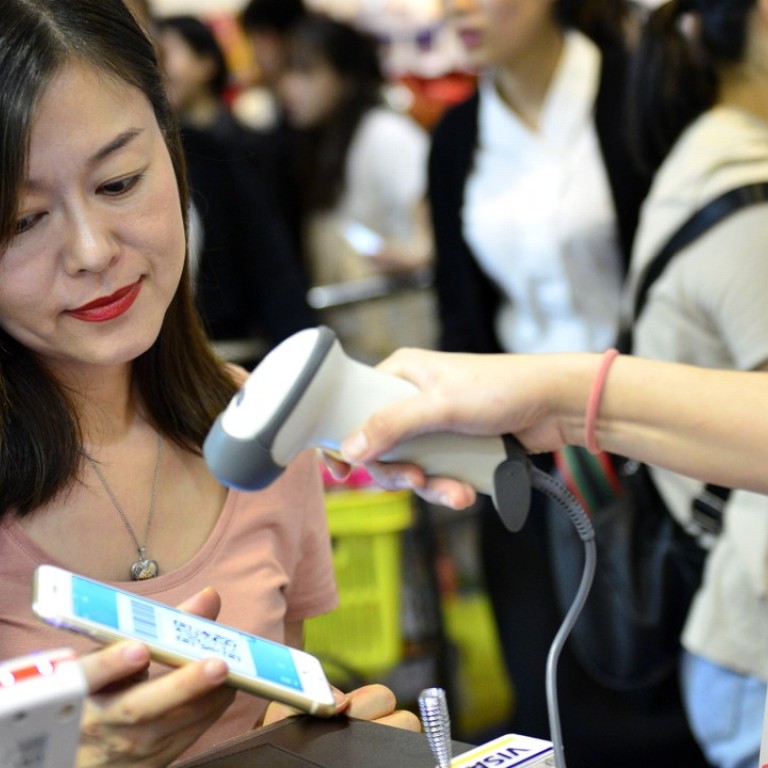
China’s small power bank rental firms to be ousted in battle for market share
The raging cut-throat competition in China’s power bank sharing sector will knock out some small players before a stable competitive landscape emerges this year, say industry players.
The sector is also growing at an exponential pace, with the influx of capital inflows from internet giants.
Tencent-backed industry player Xiaodian has begun operations in 33 cities in just about three months since the company came into the market on March 12.
“We’d probably be in 144 cities, if you ask me for the data a month later, “ said Tang Yongbo, founder of Xiaodian, arguably the market leader for power bank rental that has raised a total of 450 million yuan (US$66 million), by far the biggest amount in the sector.
Rival Ankerbox said the ferocious battle to grab market share came earlier than expected, and to a large part due to the capital inflows from China’s internet giants.
“In order to not miss the business opportunities, most internet leaders are taking a proactive approach with early investment in these start-ups,” said Yuan Yuan, CEO of the Shenzhen-based power bank rental firm.
Mainland media reported that an estimated 1.2 billion yuan from 35 venture capital firms have already poured money into the power bank sharing business by April.
In order to not miss the business opportunities, most internet leaders are taking a proactive approach with early investment in these start-ups
With ample capital available, Ankerbox said it now operated in 20 cities and would cover all Chinese tier-one and tire-two cities by the end of this year.
The market for power banks sharing is potentially massive given the huge number of mobile phone users in China and their long hours of usage . iResearch data shows that Chinese users on average spend nearly 3 hours a day on their smartphones for social networking, viewing videos and shopping online.

“We are planning to step into overseas markets; cities with big population and smartphone users, and with developed online payment system will be our first choice, “ Yuan said.
On home turf though, the stiff competition was expected to force out weaker players, market players said.
“The players in power bank sharing sector will be quickly reshuffled with the influx of capital inflows, and we will see a stable competitive landscape in the second half of the year, “ said Allen Zhu Xiaohu, managing director and partner at GSR Ventures and an investor of Xiaodian.
“What we care most in an investment are two factors: how often are customers willing to use it [product] and how it will make money,” he said.
At present, the battle for market share has resulted in price war with the likes of Xiaodian slashing the rental fee to 1 fen per usage.
“The main purpose of lowering prices is to attract customers to learn about and try the new products,” said Xiaodian’s Tang.
“Subsidies are common in the internet industry and I think it is just a way to attract the customers to adopt to the new kind service quickly,” said Ankerbox’s Yuan.

